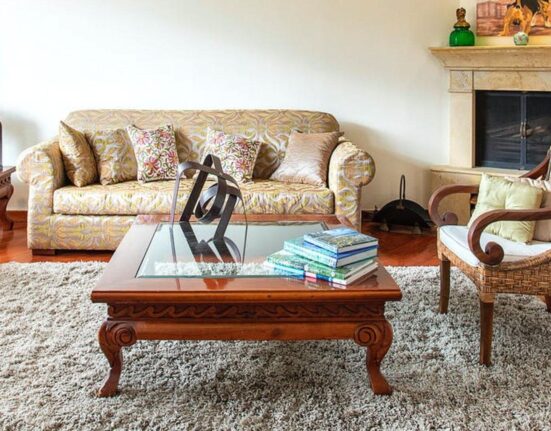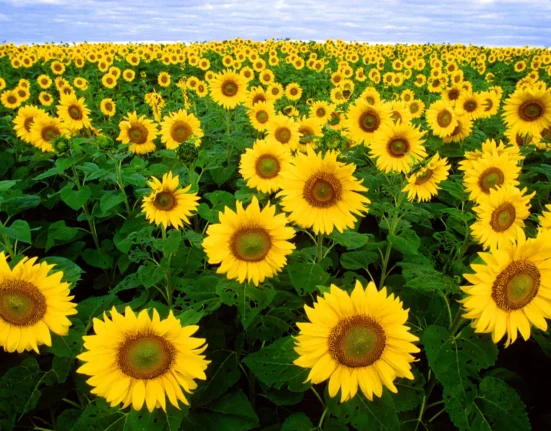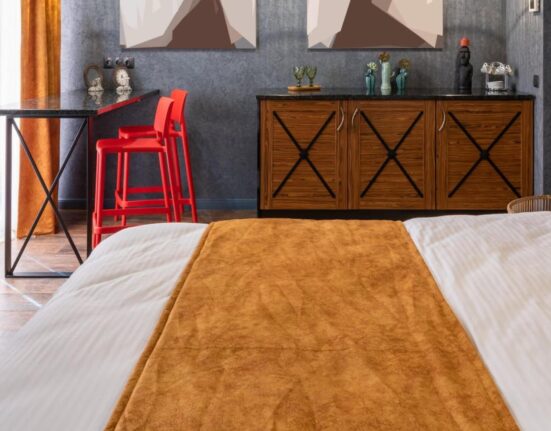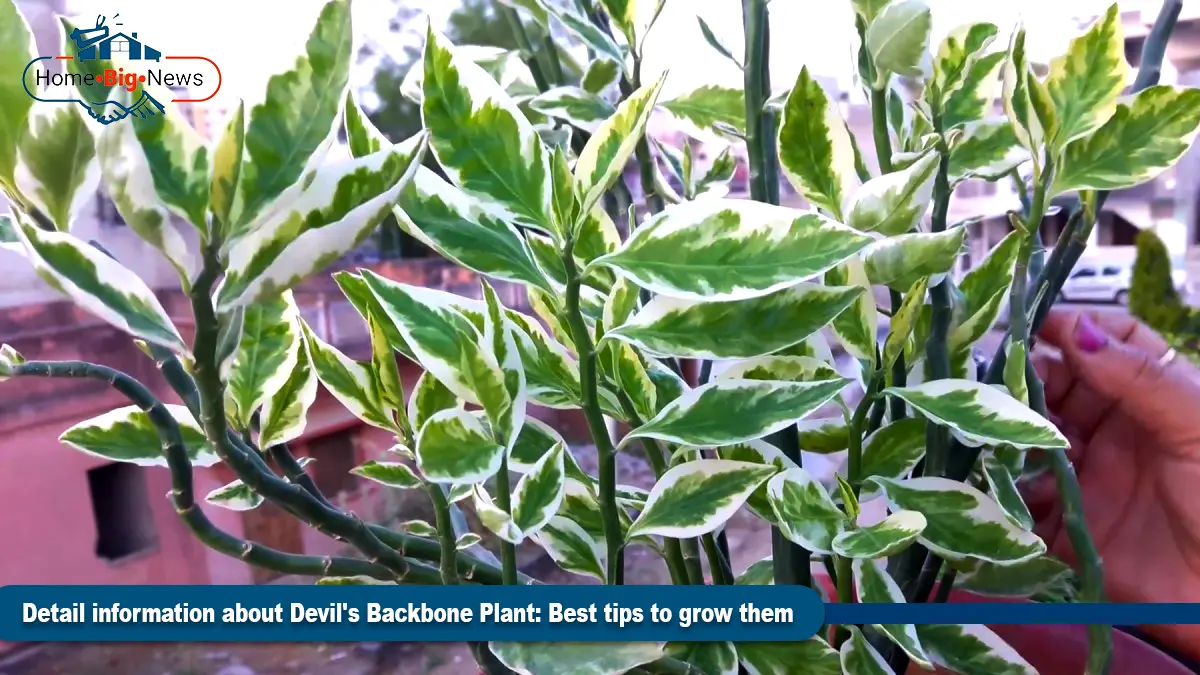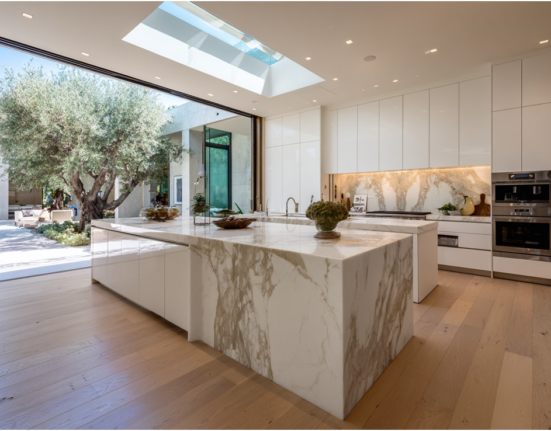There are many types of plants in the world. Because use them for their home beauty and benefits. Among them, one is called the devil’s backbone houseplant. This plant is also called red bird flower, Persian lady slipper, and Japanese poinsettia. It is easy to grow and care for indoor flora.
What is Devil’s Backbone Plant?
If we talk about its scientific name, it is Pedilanthus tithymaloides. It means a foot-shaped flower. This plant is native to the American tropics. It is hardly found in USDA zones 9 and 10.
This plant grows 2 feet (61 cm.). It has tall stems, alternate leaves, and colorful flowers. They are bracts or modified leaves. The shapes of leaves are lance-shaped and thick on wiry stems.
The colors of flowers are white, green, red, or pink. The milky sap may be poisonous to some people.
Best Tips to Grow the Devil’s Backbone Plant
Growing the plant is easy. You just need to cut a 4 to 6-inch (10-15 cm.) section of the stem from the plant. You will have to leave it for a few days after that you will have to insert it into a pot filled with perlite. You will have to keep the perlite lightly moist till the stems root. Now it is time to report the new plants in good houseplant potting soil. It is easy to care for devil’s backbone babies. It is the same as the adult plants.
Growing Pedilanthus Indoors
These plants like bright indirect sunlight. Direct sunlight falls in winter. But, spring and summer will give it a little protection from stinging hot rays.
If you turn the slats on your blinds, it will be enough to keep the tips of the leaves from sizzling. If you feel the top few inches (8 cm.) of soil feel dry, you should water.
You should keep it moderately moist. It should not be soggy. This plant does not need to be fed in fall and winter. You should find a place where you want to grow pedilanthus.
It does not tolerate cold breezes if you do not care, it will die.
Long-Term Care of Devil’s Backbone
You should report the plant every three to five years. You should use unglazed pots, it will allow excess moisture to freely evaporate and prevent wet root damage. You will also need plenty of sand mixed in to increase drainage.
It can grow up to 5 feet (1.5 m.) in height. You will have to trim them lightly in winter to keep the plant in good form.
Pests & Common Problems of Devils Backbone Plant
Every plants have some pests and common problems it also has. The pests are given below
- Mealybugs
- Scale Insects
- Spider Mites
The common diseases are
- Root Rot
- Leaf Drop
- Sunburn
- Pruning Wounds



